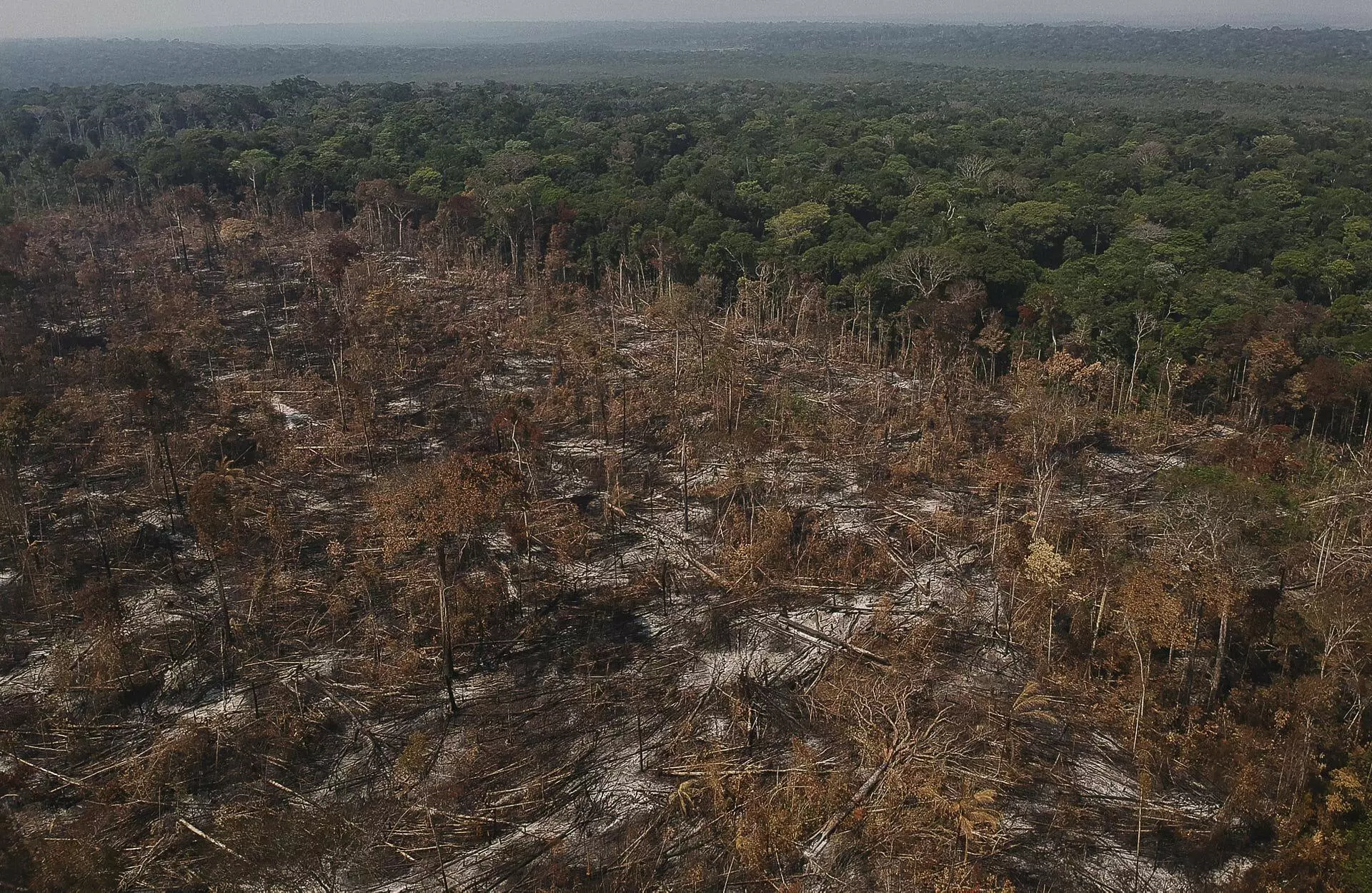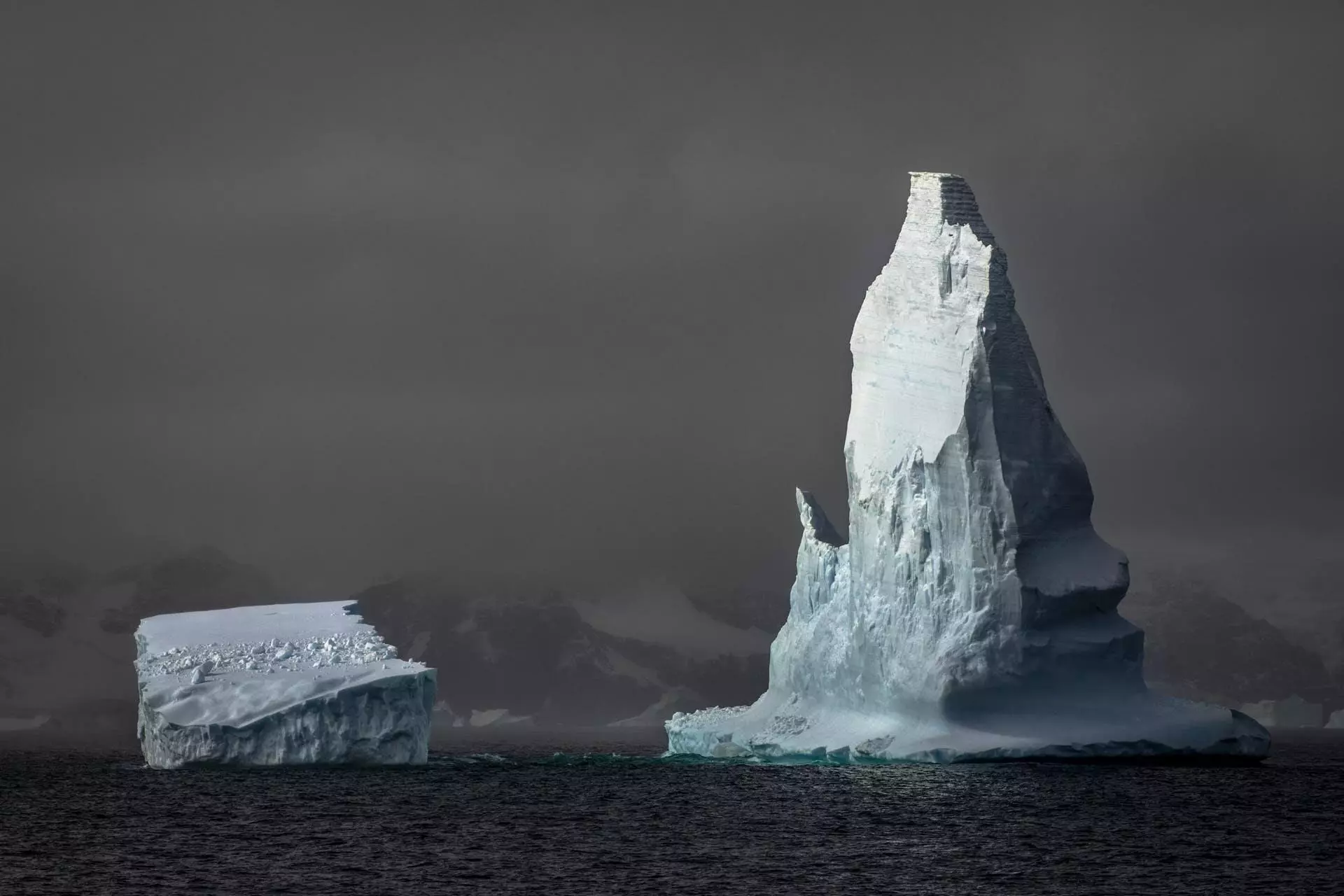Who could doubt the Amazon rainforest is worth more alive than dead? Under what insane set of values are lifeless, horizontal logs priced higher than living, vertical trees? How can it make economic sense to run down one of the world’s most important climate stabilisers, water pumps and cooling systems for the sake of a quick buck, burgers and gold trinkets?
The answers to these three questions are capitalists, capitalism and free market logic. Add in the old ethos of colonial expansion, dictatorship-era nationalism, economic neo-liberalism and a twist of Bolsonarist machismo, and you have the perfect recipe for forest destruction and climate instability.
Little wonder then that there is considerable scepticism about the surge of interest in Amazon carbon credits, which are essentially an attempt to solve the problem created by capital markets with – you guessed it – another capital market. For supporters, carbon credits are a long-overdue way to channel more money to Amazon communities to protect, maintain and restore forests. For critics, they are part of a ruse that allows big carbon polluters in other countries to continue polluting, incentivises a new wave of “green land grabs”, and evokes memories of colonial restrictions of the rights of traditional peoples.

BURNED-OFF AREA IN THE MUNICIPALITY OF APUÍ, STATE OF AMAZONAS, A NEW FRONTIER IN ACCELERATED DEFORESTATION. PHOTO: BRUNO KELLY/AMAZONIA REAL
In this edition, SUMAÚMA reporter Claudia Antunes makes a deep dive into the carbon credit issue in her usual thorough and balanced style. She uncovers shocking details of the messy, unregulated trade and its impact on public lands and indigenous communities, along with claims by advocates that it is raising living standards in some areas. While there has to be doubts about any industry that was enthusiastically promoted by discredited former environment minister Ricardo Salles, if carbon credits are to have a place in the renewal of the Amazon, they need to be carefully regulated by the government to ensure they do not do more harm than good.
Claudia’s article is a definitive piece so take the time to immerse yourself in one of the most important issues of our age. The Amazon needs money and science, but this must be wedded to traditional knowledge and forest values. This requires education, debate and accountability. With that in mind, we will provide further tools to our readers in the coming weeks and months in the form of a series of Q&A explainers of key terms, such as carbon credits, Redd+, the Amazon Fund, tipping points and more. We hope our readers can use and challenge these terms, which are often banded around in international talks without sufficient efforts to listen to the views of people on the ground.
A lack of coordination between the local, the national and the global can lead to injustice and violence. Accountability is essential to avoid this. We can see this from two other powerful stories in this edition of SUMAÚMA. The first is a report by Helena Palmquist and Rafael Moro Martins, about the the government’s response to a legal suit about the Brazilian military’s use of chemical weapons to clear (in other words, massacre) eight Waimiri Atroari indigenous villages that stood in the way of the construction of the BR174 highway during the military-business dictatorship in the 1970s. The second is an update on the ongoing attempt – in congress and the courts – to deny many indigenous peoples the right to demarcate territorial land. Minister of the Federal Supreme Court, Alexandre de Moraes, has made a suggestion on this case that will open the door to new conflicts and forced removals, according to indigenous lawyers.
On a related theme, SUMAÚMA is also proud to publish an essay by the renowned archeologist Eduardo Neves on the history of the forest and its peoples and why their interconnection, abundance and bio-ethnic diversity provokes a particularly perverse response from colonial exploiters. This is part of the booklet for the Mycelium training course that we hope will nurture a new generation of Sumauman journalists.
Finally, this issue includes a perspective from me on why these topics are so urgent and globally important. In the past three months, several climate indicators —notably, North Atlantic ocean temperatures and sea-ice extent— have entered uncharted territory, alarming many veteran scientists about the double impact of human-caused global heating and the onset of an El Niño.

Icebergs in the South Orkney Islands in 2020. Photo: Greenpeace
That is a warning for the Amazon, which suffered severe droughts during the past two El Niños in 1997-98 and 2015-16. The Brazilian government of Luiz Inácio Lula da Silva is rightly proud to have reduced deforestation by 30% since it took power on 1 January, but it cannot rest on its laurels when faced by this heightened threat. The forest has never been more vulnerable. With the fire season imminent, extra protections are a matter of urgency. It will be worth it.
Thank you for reading this far, for supporting SUMAÚMA and for spreading the word.
Jonathan Watts
SUMAÚMA creator and director of international relations
Spell check (Portuguese): Elvira Gago
Translation into Spanish: Meritxell Almarza
Translation into Portuguese: Denise Bobadilha
Photography editing: Marcelo Aguilar, Mariana Greif and Pablo Albarenga
Page setup: Érica Saboya





